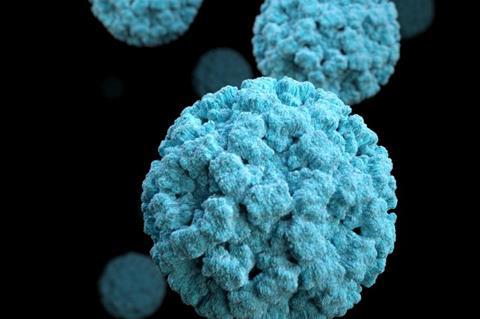The research, which was published in the journal Nature, revealed for the first time that in healthy people, T cells, which are part of the immune system, secrete a protein called apoptosis inhibitor 5 (API5), which signals the immune system to halt the attack on gut lining cells.
The AP15 protein produces an extra layer of protection against immune damage, so even people with the mutation can have a healthy gut, scientists say.
However, the researchers also found that a common norovirus infection blocks T cell secretion of API5 in mice bred to have a rodent form of Crohn’s disease, killing gut lining cells in the process.
Researchers at NYU Grossman School of Medicine said that API5 protects most people with the mutation against the disease until a second trigger, such as norovirus infection, pushes the disease across a threshold.
Ken Cadwell, Ph.D., a study co-senior author as well as a microbiologist and a professor of microbiology at NYU Langone, said that in experiments centered on mice genetically modified to have the mutation linked to Crohn’s disease in humans, the mice that received an injection of API5 survived while half of the untreated group died This confirmed the study’s hypothesis that the protein protects gut cells.
In human tissue, the investigators found that those with Crohn’s disease had between 5-fold and 10-fold fewer API5-producing T cells in the gut tissue than those without the condition.
Potentially, the API5 protein or something similar could lead to a new treatment for Crohn’s that won’t break down the immune system, as many current treatments do, Cadwell said.








No comments yet